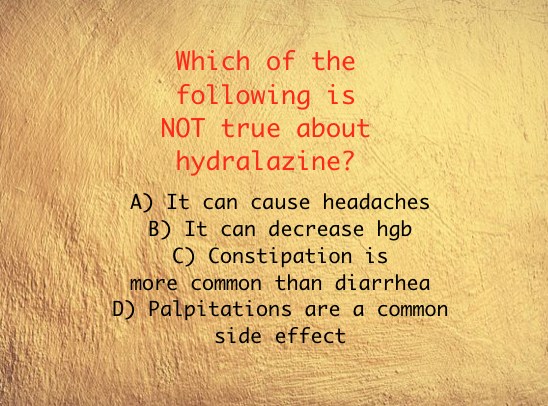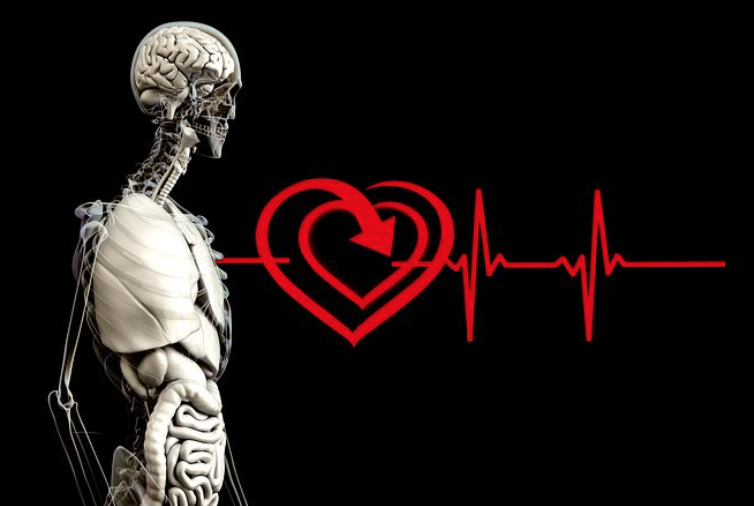OVERVIEW ABOUT PATIENT:
SALT CRAVINGS, LOW BLOOD PRESSURE, HYPER-PIGMENTED PALM CREASES, HYPONATREMIA, HYPERKALEMIA, HYPOGLYCEMIA
CHIEF COMPLAINTS:
A patient comes in to their primary care office. They tell you that yesterday they had a near syncopal event. They do recall feeling lightheaded and dizzy. They deny any history of seizures, strokes, myocardial infarction, and/or any other neurological/cardiac history. They also deny any family history of any of these issues. They tell you that “I feel like my blood pressure is low lately”. They also tell you that they have been eating a lot of salty foods like peanuts and chips.
REVIEW OF SYSTEMS:
GENERAL: They deny any recent fevers or chills. They report weight loss over the last 3 months but they don’t know exactly how much. They also complain about feeling extremely fatigued.
CARDIOVASCULAR: Denies any chest pain, palpitations, or extremity swelling. They do have periodic dizziness but never have a fall or full syncopal event
RESP: Denies any coughing, wheezing or shortness of air
GI: They have had some nausea and vomiting, but denies any abdomen pain or diarrhea
INTEGUMENT: They tell you “I have also had some weird darkening on my hands over the last few months.” They deny any rashes, ulcers, or itching
NEURO: They deny any confusion, forgetfulness, numbness or tingling
PSYCHE: They deny any hallucinations, agitation or anxiety

PHYSICAL EXAM:
VITALS: are checked: 92/55, R 16, Temp 98, Pulse ox 96%
CARDIOVASCULAR: RRR, no murmurs, no pedal edema, no JVD
GI: BS + in all 4 quadrants, no abdomen tenderness
MUSCULOSKELETAL: Full ROM, no joint effusion or swelling, Patellar reflexes 2+
INTEGUMENT: Areas of hyper-pigmentation noted especially in their palmar creases. No rashes, ulcers, petechiae, or ecchymosis
NEURO: PERRLA, equal grips, Cranial Nerves 2-12 intact
LABS:
Chemistry:
Sodium (Na)- 129
Calcium (Ca)-10.3
Potassium (K)- 5.5
Glucose- 68
CBC:
All within normal limits[/vc_column_text]
WHAT IS THE MOST LIKELY DIAGNOSIS?
A) Leukemia
B) Addison’s disease
C) Cushing’s disease
D) Hyperthyroidism

CORRECT ANSWER:
B) Addison’s Disease
MORE INFO:
Addison’s disease is when the adrenal glands don’t produce enough of the hormones that they usually produce. Three important types of hormones that the adrenal glands produce are: mineralocorticoid (ex: aldosterone), glucocorticoids (ex: cortisol), and adrenal androgens (ex: DHEA and testosterone). A few of the things that the adrenal gland hormones do:
- help the body respond to stress
- regulate blood pressure, metabolism
- make sex hormones, androgens, and estrogen
- regulate electrolytes (ex: potassium & sodium). (4)
ROS/Sign/Symptoms/Physical Exam:
Dizziness
Fatigue
Hair loss
Hyper-pigmentation: especially in creases (palmar). Also, existing freckles may darken
Hypotension- which often causes syncopal events
Nausea/Vomit
Salty food cravings
Weight loss
LABS:
Hypoglycemia
Hyponatremia (70-80% of patients with Addisons disease have this) (2)
Hyperkalemia (40% of patients with Addisons disease have this)(2)
Hypercalcemia (rare)
Cortisol level (best if drawn in early am –>8am): <3 micrograms/dL
Anemia-Normocytic (15%)
TREATMENT:
Life long treatment with oral glucocorticoid & mineralocorticoid to make up for the decreased production. These individuals will also need increased doses of these medications in times of stress (ex: surgery, illness)
Few examples of medications often used:
Hydrocortisone
Dexamethasone
Cortisone
Fludrocortisone

THINGS TO REMEMBER FOR TESTS:
-
Addison’s disease—> Too little cortisol & Cushing’s Syndrome—>Too much cortisol
-
Life long oral glucocorticoid & mineralocorticoid use is necessary
-
Increased doses of medications (above) needed especially in times of stress (ex: after surgery, illness)
-
Know key findings: hypotension-sometimes results in syncope, hyperkalemia, hyponatremia, hypoglycemia, salt cravings, hyper-pigmentation, and weight loss
DISCLAIMER: The information posted is not intended to be medical advice. This is simply for educational purposes only. This information is intended for medical professionals & students pursing a career in the medical field. All patients should ALWAYS check with their primary care provider with any questions regarding their health. This is not intended to guide in ANY medical decisions and or treatment in any way. As always, medical professionals should call the on call provider if any clarifications are needed. State and hospital protocols should always be followed accordingly. Med Made Ez (MME) disclaims any liability for the decisions you make based on this information. |
REFERENCES:
- Medlineplus.gov
- Up to Date Nieman, L., Clinical Manifestations of Adrenal Insufficiency in Adults. UpToDate. Waltham, MA: UpToDate Inc. http://www.uptodate.com (Accessed on April 17, 2018.)
- McKenna, J., Arafah, B., Garg, R.,Tabarin, A., Gatta-Cherifi, B. Addison Disease. Epocrates. Article last updated on Epocrates on 12/15/2017 (Accessed on April 17, 2018).
- Adrenal Glands. You And Your Hormones. Society for Endocrinology (Accessed on 4/17/18) from http://www.yourhormones.info/glands/adrenal-glands/
- Picture source: Pixabay




